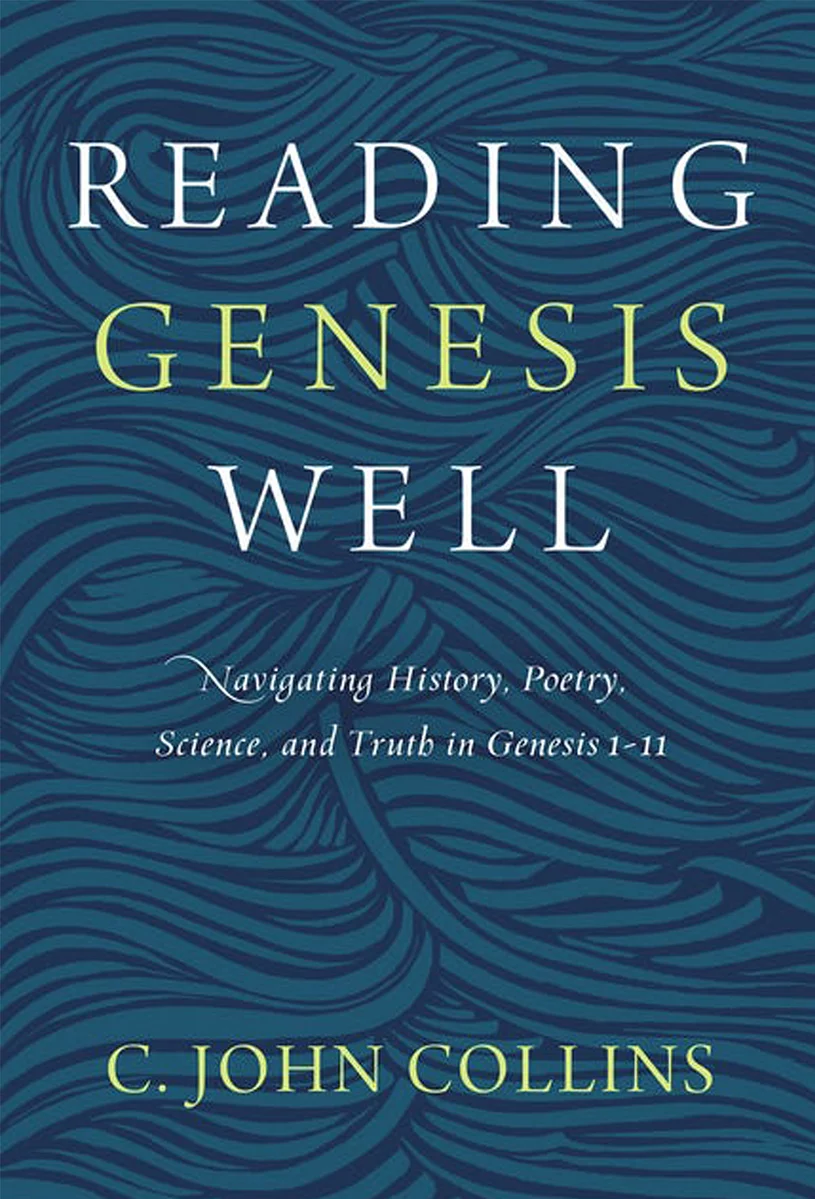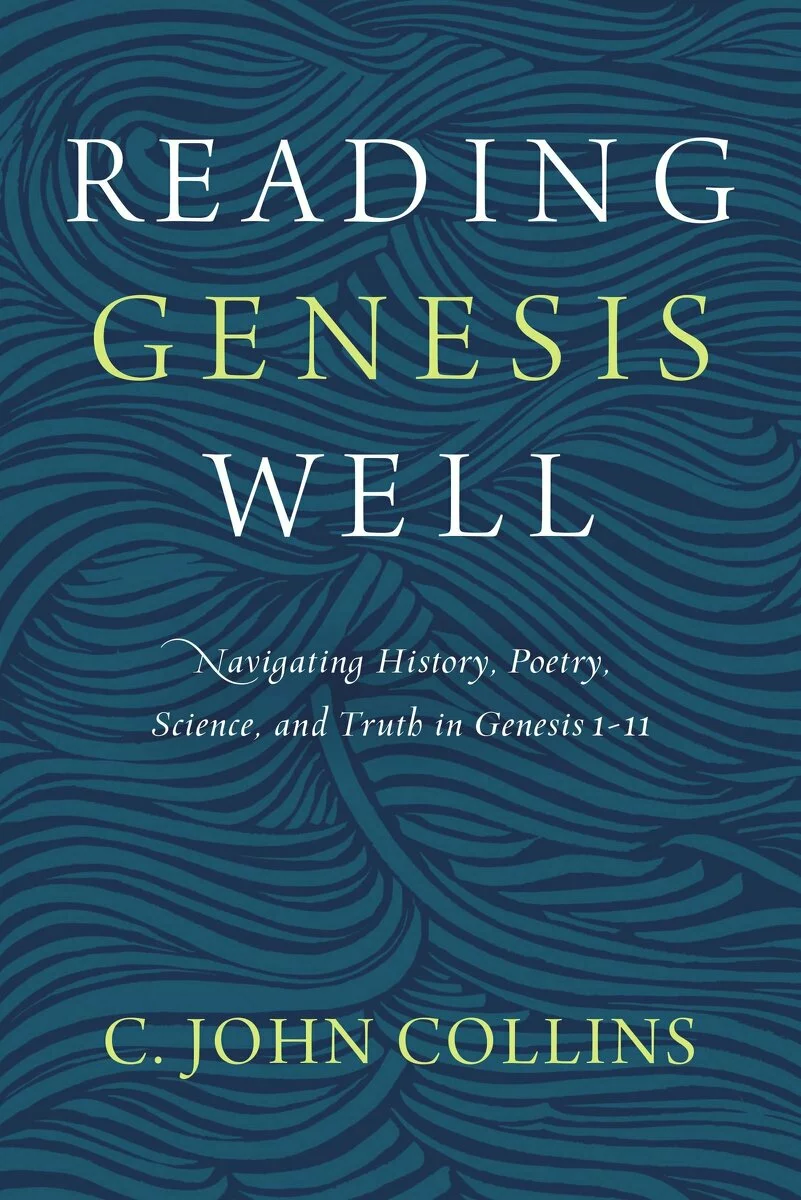

Reading Genesis Well:Navigating History, Poetry, Science, and Truth in Genesis 1–11
C. John Collins
Zondervan Academic
What does it mean to be a good reader of Genesis 1-11? What does it mean to take these ancient stories seriously and how does that relate to taking them literally? Can we even take any of this material seriously?
Reading Genesis Well answers these questions and more, promoting a responsible conversation about how science and biblical faith relate by developing a rigorous approach to interpreting the Bible, especially those texts that come into play in science and faith discussions. This unique approach connects the ancient writings of Genesis 1-11 with modern science in an honest and informed way.
Old Testament scholar C. John Collins appropriates literary and linguistic insights from C. S. Lewis and builds on them using ideas from modern linguistics, such as lexical semantics, discourse analysis, and sociolinguistics.
Collins wrote Reading Genesis Well during his tenure as Senior Research Fellow for the Henry Center’s Creation Project during the 2016–17 academic year. Since completing the fellowship, Collins has been an active participant in numerous other Creation Project programs, writing for Sapientia, participating in the Henry Center’s public lectures and debates, and is a regular speaker at the annual Dabar Conference.
Endorsements
Book Reviews
Sapientia Review
C. S. Lewis, Linguistics, and the Literal Reading of GenesisMichael LeFebvre
March 14, 2019

